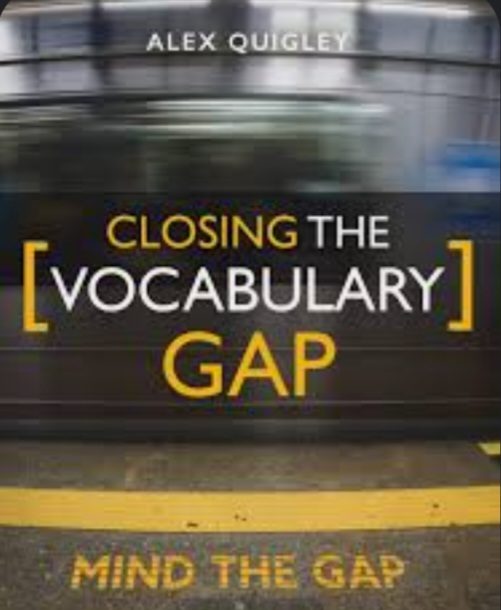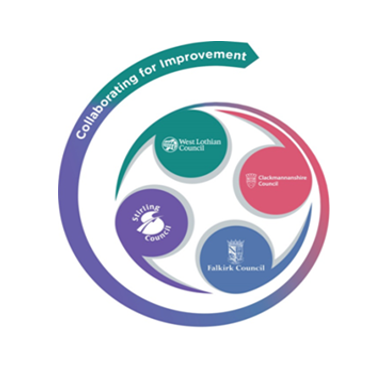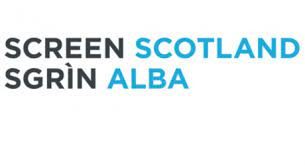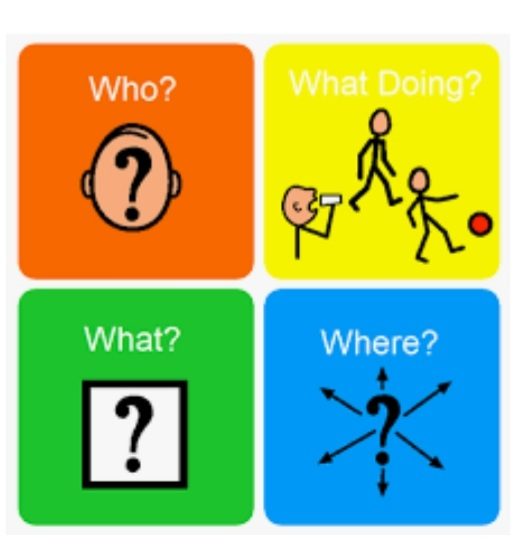Tuesday 7th December | 4.30pm-5.30pm
Analysing films is a wonderful option for English teachers, introducing new skills to pupils and allowing those who struggle to access written texts to show off their analytical abilities. However, it can be daunting for teachers to translate their knowledge and understanding of critical essay writing for prose or poetry to film.
In this session for Secondary English teachers Gail Robertson, Film Education Officer at Screen Scotland – and an ex-English/Media teacher – will outline ways to approach the study of a film with a critical essay for English as the end point. She will cover both BGE and NQ levels, discussing film choice, using evidence, scene analysis and structuring a response.
This session is ideal for English teachers new to film education, but also for more experienced teachers looking for some new inspiration!
Sign up via CPD Manager, course ID: 76928
Contact Chiara Sportelli – Literacy Workstream







